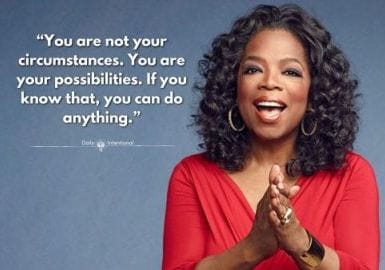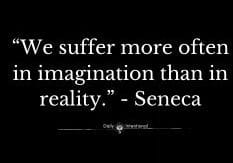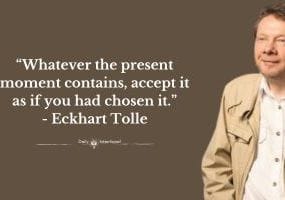 Happiness is a state of mind that transcends external circumstances. It’s not about what happens to us, but how we perceive and respond to life’s events. The ancient Stoic philosopher Marcus Aurelius understood this well. In his timeless work, Meditations, he wrote:...
Happiness is a state of mind that transcends external circumstances. It’s not about what happens to us, but how we perceive and respond to life’s events. The ancient Stoic philosopher Marcus Aurelius understood this well. In his timeless work, Meditations, he wrote:...
 Elon Musk, the visionary entrepreneur, is undeniably shaping the future of possibilities. His ventures, such as SpaceX, Tesla, Neuralink, and The Boring Company, are pushing the boundaries of what is possible. SpaceX Musk founded SpaceX in 2002 with the goal of making...
Elon Musk, the visionary entrepreneur, is undeniably shaping the future of possibilities. His ventures, such as SpaceX, Tesla, Neuralink, and The Boring Company, are pushing the boundaries of what is possible. SpaceX Musk founded SpaceX in 2002 with the goal of making...
 Oprah Winfrey, an Emmy Award-winning talk show host, media executive, Academy Award-nominated actress, and philanthropist, is a name that resonates with millions around the world. She is best known for hosting her internationally popular talk show, “The Oprah Winfrey...
Oprah Winfrey, an Emmy Award-winning talk show host, media executive, Academy Award-nominated actress, and philanthropist, is a name that resonates with millions around the world. She is best known for hosting her internationally popular talk show, “The Oprah Winfrey...
 “We suffer more often in imagination than in reality.” – Seneca This profound quote from the Stoic philosopher Seneca encapsulates a timeless truth about the human condition. It speaks to the power of our minds to create scenarios and situations that cause us...
“We suffer more often in imagination than in reality.” – Seneca This profound quote from the Stoic philosopher Seneca encapsulates a timeless truth about the human condition. It speaks to the power of our minds to create scenarios and situations that cause us...
 “Whatever the present moment contains, accept it as if you had chosen it.” It’s easy to get lost in the whirlwind of past regrets and future anxieties. But what if the key to peace and fulfillment lies not in the past or the future, but in the present moment? Eckhart...
“Whatever the present moment contains, accept it as if you had chosen it.” It’s easy to get lost in the whirlwind of past regrets and future anxieties. But what if the key to peace and fulfillment lies not in the past or the future, but in the present moment? Eckhart...






